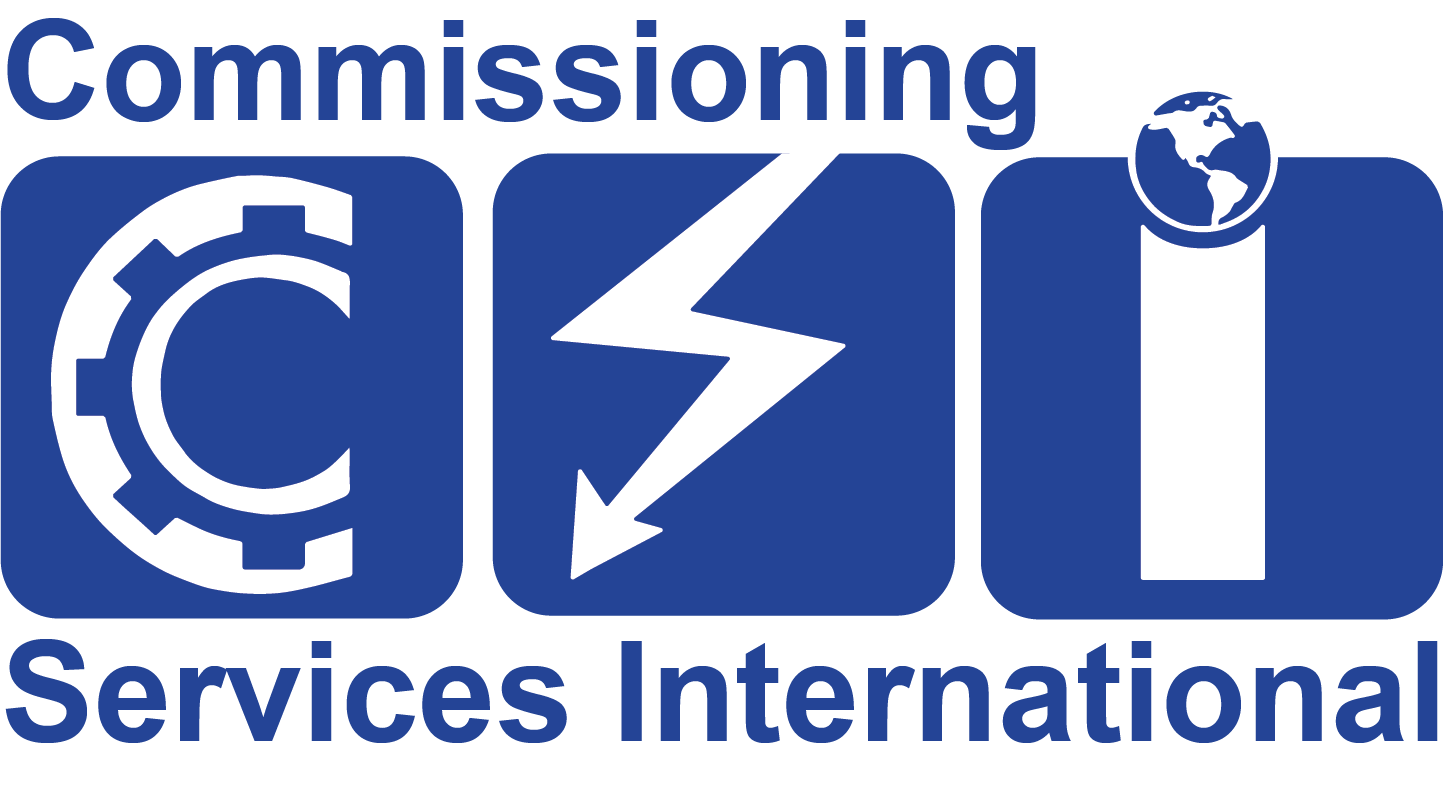The Role of Design-Integrated Commissioning in Building Success
Design-integrated commissioning is a crucial process that ensures building systems are functional, efficient, and easy to maintain from the early stages of a project. Addressing potential issues during the design phase not only saves time and money but also optimizes overall system performance and sustainability.
Why is Design-Integrated Commissioning Important?
Commissioning during the design phase connects the Owner’s Project Requirements (OPR) with the Basis of Design (BOD) to ensure that the building systems perform as intended. This proactive approach helps identify and resolve issues before construction begins, resulting in better project outcomes and reduced risks.
Key Advantages:
- Higher-quality construction documents that prevent miscommunication.
- Reduced rework and delays, ensuring smoother project execution.
- Improved energy efficiency and reduced long-term operational costs.
- Enhanced building performance and occupant comfort throughout its lifecycle.
Core Activities During the Design Phase
- Developing a Commissioning Plan
A commissioning plan lays the groundwork for the entire project, outlining processes, team roles, and responsibilities to ensure a clear roadmap from design to construction. - Conducting Design Reviews
Design reviews validate that system designs align with the OPR and BOD. These reviews focus on critical areas such as energy efficiency, control systems, and maintainability, ensuring systems are practical and effective. - Establishing Specifications
Detailed specifications guarantee that systems are commissionable, maintainable, and operational as intended. This includes ensuring easy access to equipment for maintenance and system adjustments. - Operator Training Requirements
Incorporating training for facility operators ensures that systems are managed effectively post-construction, maintaining optimal performance over time.
The Impact of Early Commissioning
Engaging in commissioning during the design phase reduces the likelihood of inefficiencies, such as oversized or improperly installed systems. It allows for better system balancing and ensures that all equipment operates at peak efficiency. This approach leads to:
- Significant reductions in energy consumption.
- Long-term operational cost savings.
- Minimal delays and fewer unexpected issues during construction.
How CSI Global Ensures Success
CSI Global integrates commissioning into the design process, collaborating closely with project teams to address potential challenges early on. By focusing on clear communication and thorough design reviews, CSI ensures systems are configured for optimal performance.
What CSI Offers:
- Expert design reviews to align systems with operational goals.
- Comprehensive commissioning plans tailored to project needs.
- Long-term energy savings through efficient and sustainable system design.
By prioritizing design-integrated commissioning, CSI Global helps deliver buildings that meet performance goals, reduce operational costs, and enhance occupant satisfaction from day one.


